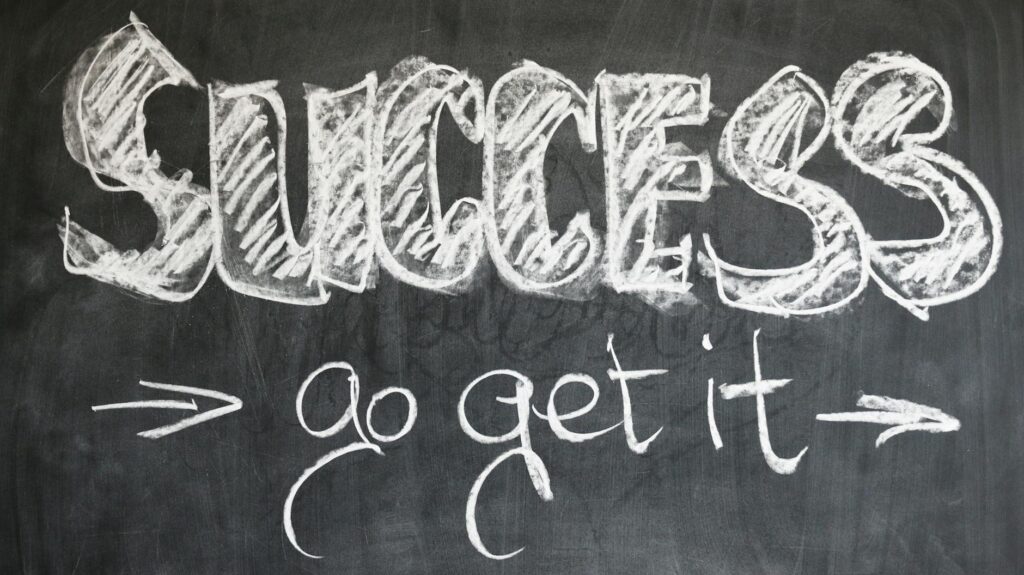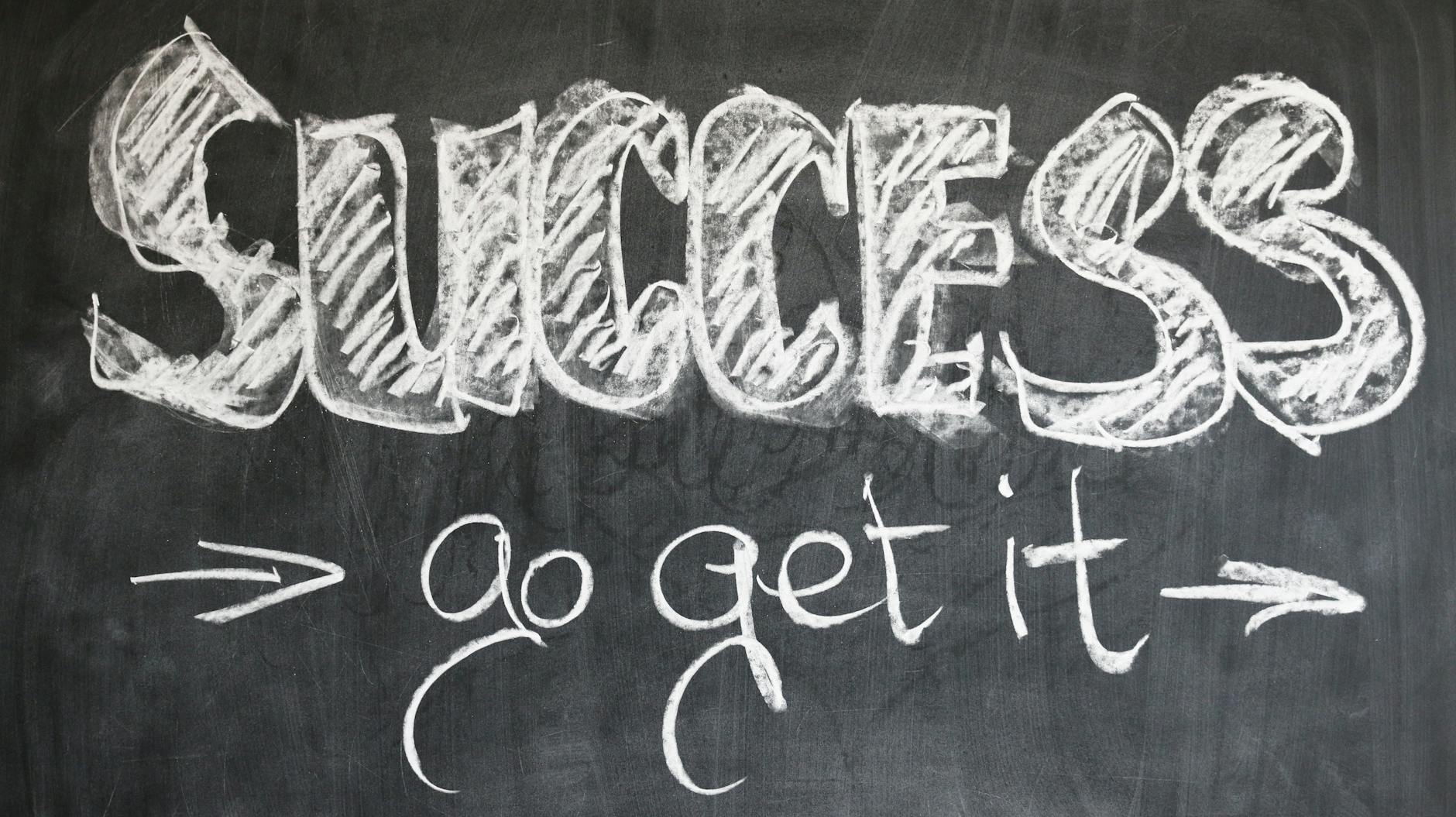What is learning productivity?

What is learning productivity?
In today’s fast-paced world, effective learning is crucial for personal and professional growth. Learning productivity refers to how efficiently we absorb, retain, and apply new knowledge and skills. It’s about making the most out of our learning experiences, thereby maximizing our potential and performance in various areas of life. When we enhance our learning productivity, we set ourselves up for success in both our careers and personal endeavors.

Photo by Gerd Altmann
Understanding Learning Productivity
When we think about productivity, we often picture tasks completed at work or projects finished on time. However, learning productivity takes a broader perspective. It encompasses the ability to absorb information effectively and use it to achieve goals.
The Definition of Learning Productivity
Learning productivity is the measure of how effectively we process and apply new information. It plays a vital role in our ability to learn from experiences, adapt to changes, and innovate. Enhanced learning productivity leads to better decision-making and improved problem-solving skills, which are crucial in today’s competitive environment.
Key Components of Learning Productivity
Several essential aspects contribute to effective learning productivity:
- Focus: Staying on task and minimizing distractions is crucial for absorbing information.
- Engagement: Actively participating in the learning process enhances retention and understanding.
- Retention: The ability to retain knowledge over time is fundamental to learning productivity.
- Application: Applying learned information to real-life situations solidifies understanding and promotes growth.
By honing these components, you can significantly boost your learning productivity.
Techniques to Enhance Learning Productivity
Several practical techniques can enhance learning productivity and help you make the most of your efforts.
Time Management Strategies
Effective time management is key to enhancing learning productivity. Here are some strategies to consider:
- Pomodoro Technique: Break your study time into 25-minute intervals, followed by short breaks. This method keeps your mind fresh and focused.
- Time Blocking: Allocate specific blocks of time for different tasks. This approach helps you stay organized and ensures you dedicate time to learning.
- Prioritization: Identify your most important tasks and focus on them first. This strategy helps you tackle high-priority learning goals effectively.
For more insights on time management strategies, check out 18 Effective Time Management Strategies & Techniques.
Active Learning Methods
Active learning involves engaging with the material rather than passively consuming it. Here are some effective active learning techniques:
- Self-Testing: Regularly quiz yourself on the material to reinforce your memory.
- Summarization: After learning, summarize the information in your own words. This helps consolidate knowledge.
- Teaching Others: Explaining concepts to someone else can deepen your understanding and retention.
For a deeper dive into active learning strategies, visit Active Learning – Center for Teaching Innovation.
Leveraging Technology for Learning Productivity
Technology can play a significant role in enhancing learning productivity. Various tools and apps can help manage your learning activities and track your progress. Consider using:
- Note-taking apps like Evernote or Notion to organize information.
- Task management tools like Trello or Asana to keep track of learning goals.
- Online learning platforms such as Coursera or Udemy to access diverse courses.
These resources can streamline your learning process and help you stay motivated.
The Role of Mindset in Learning Productivity
Your mindset significantly influences your learning productivity. Understanding different mindsets can help you adapt and improve your learning approach.
Overcoming Learning Barriers
Every learner faces barriers that can hinder productivity. Common obstacles include:
- Procrastination: Delaying tasks can lead to increased stress and reduced productivity. Combat this by setting clear deadlines.
- Fear of Failure: Many avoid challenging tasks due to fear of failing. Embrace mistakes as part of the learning process and view them as opportunities for growth.
Cultivating a Growth Mindset
A growth mindset—believing that abilities can be developed through dedication and hard work—can greatly enhance your learning productivity. Embrace challenges, learn from criticism, and persist in the face of setbacks. For more on the growth mindset concept, visit What Having a “Growth Mindset” Actually Means.
Measuring Learning Productivity
To truly improve your learning productivity, it’s essential to measure it effectively.
Setting SMART Goals
Setting SMART goals—Specific, Measurable, Achievable, Relevant, and Time-bound—can provide clarity and direction in your learning journey. For example, instead of saying, “I want to learn more,” set a goal like, “I will complete one online course related to my field in three months.”
Tracking Progress and Reflection
Regularly tracking your progress allows you to identify what works and what doesn’t. Reflect on your learning experiences and adjust your techniques accordingly. This practice fosters continuous improvement and keeps you engaged in the learning process.
Conclusion
Learning productivity is a vital component of personal and professional success. By understanding its definition, key components, and effective techniques, you can enhance your learning experience. Implementing strategies such as active learning methods, time management, and leveraging technology will help you achieve your learning goals. Remember, your mindset plays a significant role in your productivity, so cultivate a growth mindset and embrace challenges. Start applying these strategies today to boost your learning productivity and unlock your full potential!